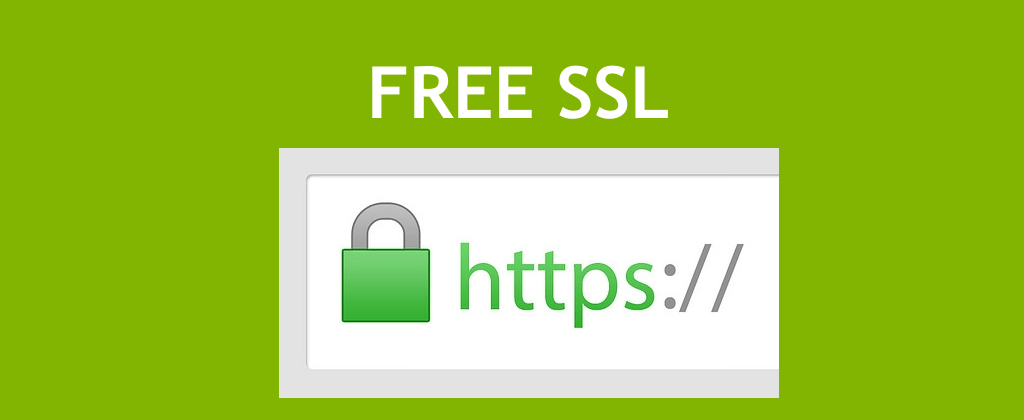Should I use a free SSL certificate? Let's learn about free and paid SSL with BKNS to make the correct choice and suit your needs!

Currently, most major websites support access via SSL (Secure Socket Layer) protocol. SSL helps to encrypt data transmitted from the web server and the user's browser. Not only that, SSL is also a criterion that Google prioritizes to rank websites. Following that trend was the birth and explosion of free SSL services. So what is the difference between free and paid SSL? In this article, BKNS will work with you to find out that problem.
1. Costs
Right from the name of these two types of SSL, you immediately have the first difference between them. Being able to use SSL without spending any money is one of the most visible advantages of free SSL.
2. Safety
For large businesses and establishments such as banks, e-commerce businesses, government organizations that need high security, the use of a free SSL certificate is not guaranteed because it does not perform authentication. Enterprises, establishments and organizations will be vulnerable to taking advantage of fake attacks.
The free SSL only provides a certificate that proves you own the domain name. It does not cover any warranty, guarantee, abuse or service renewal issues.
While for paid SSL providing certificates for authenticated domains includes warranty issues, assurance issues related to system security. In addition, information about individuals, businesses, and domains is verified via Email, File or DNS. This makes it easier to use SSL certificates on systems such as email, firewalls, and configured load balancers.
In addition, the paid SSL offers Extended Validation, which allows the company name to be displayed in the browser's address bar in a very professional manner that Let's Encrypt cannot.
3. How to use
Let's Encrypt free SSL certificate will be automatically issued. The user must understand the command on the server to perform the installation operation. (Currently most hosting providers have Let's Encrypt built-in in their hosting packages).
For free SSL, certificate issuance will be issued by the CA via email service registration. Delivery time can be immediate up to 15 working days depending on the level of authenticity. SSL installation will also be supported by SSL vendors and agents for free.
4. Connectivity
With Let's Encrypt certificates, each server is different, and users have to manipulate the create command into their own settings. With paid SSL you can use the function to copy the certificate for different servers.
5. Concentration
With Let's Encrypt certificates, users have to self-manage with separate SSLs on each server. This will cause more difficulties.
With paid SSL, users will have a centralized interface for managing certificates.
6. Compatibility
Although Let's Encrypt is currently compatible with most popular browsers such as Chrome, Firefox, Safari, etc. However, for many specific cases, the paid SSL still has certain advantages over its own. Free SSL.
7. Dynamic bookmarks support
Free SSL does not provide dynamic site seals. This seal helps customers accessing the website can feel secure and more reliable. While other paid SSLs at DIGISTAR (SSL Wildcard and SSL EV) do this.
8. Insurance regime
Because it is provided for free, SSL Let's Encrypt does not have insurance. When there is a problem, you will not be compensated like other paid SSL forms.
9. Compatibility with other apps
Currently, free SSL only supports web services. While paid SSL can support other applications such as: Email, Firewall, DNS, Load Balancing etc... very easily.
10. Validity period
Free SSL is only valid for 90 days, after which you need to renew it periodically. While paid SSL supports subscriptions up to 3 years.
11. Wildcard SSL Support
Free SSL without Wildcard SSL (SSL certificates for subdomains). If you want to use SSL for subdomains, you must register each certificate for 1 domain.
12. Ability to support international domain name formats
Free SSL does not support domains with different formats like paid SSL. For example, in the case of Vietnamese domain names.
Epilogue
Hopefully you can immediately see the pros and cons between the two free and paid SSL forms. Depending on the needs of the user, each person will have different options. Wish you always have the best choice for yourself.
See more:







Post a Comment
Post a Comment